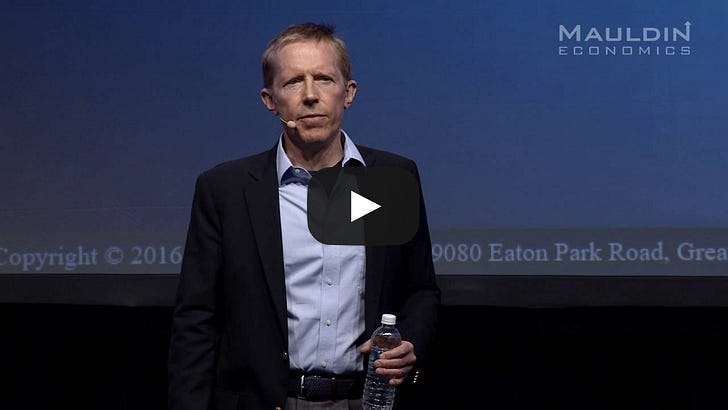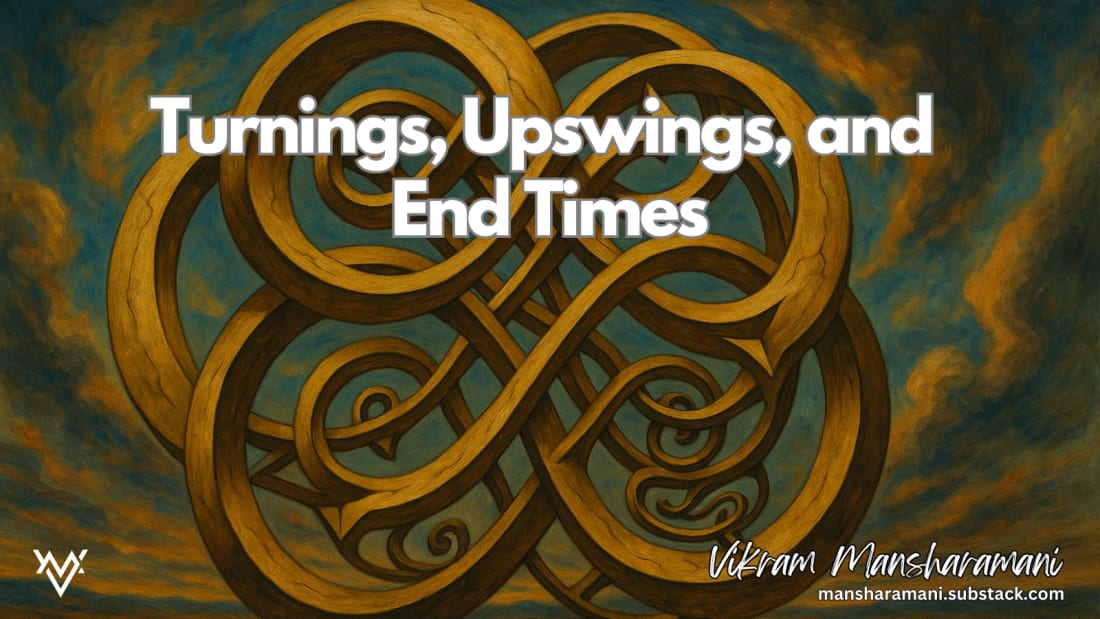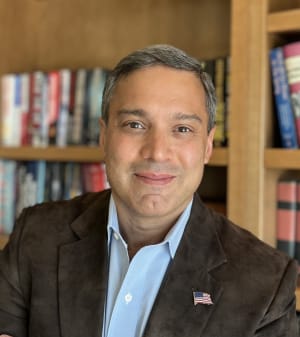|
 |
I have been traveling quite a bit lately. The chaos of airports and dependably undependable airlines seem to be the only certainty in an increasingly uncertain world. In fact, I now plan on at least a delay if not outright cancellation and arrive at the airport with backup plans for each trip, and I regularly travel in sneakers just so I’m prepared to sprint to a connecting flight. There was once a time that traveling by plane was glamorous, when travelers dressed for the occasion, and passengers could look forward to a good meal while en route to their destination. Those days are long gone, but might they return?
The question hints at a topic that’s long been a fascination of mine – cycles. In this case, we’re not talking about credit cycles that result in boom-bust dynamics, but instead of social and political cycles that change our day-to-day existence and feelings.
Those who know me know that I love reading. I continue to either listen to or read at least three books a month and am often looking for connections across seemingly disparate domains. My interest in social cycles began when I read The Fourth Turning: An American Prophecy – What the Cycles of History Tell Us About America’s Next Rendezvous with Destiny. The book suggests, through an analysis of parenting styles and social reflections of various decades, a roughly 80-year cycle that usually ends in war or disruptive chaos during the “fourth turning.” The American revolution (~1780) was followed ~80 years later by the Civil War (~1860) which was followed ~80 years later by World War II (~1940).
The book, published in 1997, suggested the 2020s would be another fourth turning and a volatile time for America. I first read the book around 2010 and remain haunted by its semi-accurate description of the world we find ourselves in today. In 2023, one of the authors penned The Fourth Turning is Here: What the Seasons of History Tell Us about How and When This Crisis Will End, a book that suggests the 2030s will lead a moment of max crisis but also one of tremendous opportunity. Both books are worth your time.

While I was teaching at Harvard, I had the opportunity to meet with and discuss some of the social cycle theories with Professor Robert Putnam, author of Bowling Alone, a book that had described the social sorting of American society that resulted in the breakdown of institutions that created a shared sense of community.
He later went on to write The Upswing: How America Came Together a Century Ago and How We Can Do It Again, a book in he suggested America swings in roughly 60 year cycles between an “I” society (max inequality) and a “we” society (more community oriented, less inequality). He pointed out that the extraordinary inequality of the 2020s echoed the extreme inequality of the Carnegie/Vanderbilt era roughly 120 years ago. In the middle of these two extremes was an opposite extreme, captured most clearly by President Kennedy’s “Ask not what your country can do for you, but what you can do for your country.” Putnam’s analysis suggests the next few decades will see the emergence of a more “we” oriented society.

Most recently, however, I had the opportunity to get through a book by Peter Turchin titled End Times: Elites, Counter-Elites, and the Path of Political Disintegration. In it, Turchin seeks to make sense of the upheaval seen in societies around the world these days using “cliodynamics,” a quantitative, data-driven approach to history.
My admittedly simplified summary of the End Times logic is that social and political upheaval is the result of increasingly inequality combined with elite overproduction. As society becomes increasingly polarized with greater dispersion in wealth and income, it becomes increasingly important for those seeking power or wealth to has elite status. An oversupply of elites (relative to opportunities for elites) leads to instability and upheaval as elites eventually turn on themselves in the quest for limited power (there are only 100 US Senators, for instance). I find this concept compelling given the instability we have seen generated by a surplus of over-educated youth in Bangladesh, Nepal, and Sri Lanka, as well as Madagascar.
It also appears to be the case here in the United States. American colleges and universities are churning out more college graduates than there are college-educated jobs (a phenomenon likely to be compounded by artificial intelligence). Motivated less by the cause du jour (George Floyd, Israeli aggression) than by underemployment and status anxiety, a generation assured they were special are lashing out at their lot in life. These protests give them a sense of purpose and a reason for existence that they are struggling to find in employment.
Turchin’s thesis can explain the Trump phenomenon as well, as a surplus of elites creates fierce competition, and those shut out become “counter-elites” that in turn challenge the established order. These counter-elites harness elite scorn to fan mass resentment. Note the way Trump leveraged Hillary’s basket of deplorables comment and Biden calling his supporters “garbage” and used it to fuel the MAGA movement.
So what do The Fourth Turning, The Fourth Turning is Here, The Upswing, and End Times have in common? They all provide frameworks for thinking about the future based on historical cycles and recurring dynamics. A generalist approach dictates thinking in probabilistic scenarios rather than certainties, and while I believe there is compelling evidence behind these social and demographic cycles, I think they are most useful in helping you think about possible futures, rather than one deterministic future.
As I’ve often said, each perspective is limited, biased, and incomplete…so why rely on just one? In aggregate, these frameworks for thinking about the future seem to suggest that Mark Twain had it right when he (supposedly) said, “History does not repeat itself, but it often rhymes.”
Links to the books I mention in this post:
VIKRAM MANSHARAMANI is an entrepreneur, consultant, scholar, neighbor, husband, father, volunteer, and professional generalist who thinks in multiple-dimensions and looks beyond the short-term. Self-taught to think around corners and connect original dots, he spends his time speaking with global leaders in business, government, academia, and journalism. He’s currently the Chairman and CEO of Goodwell Foods, a manufacturer of private label frozen pizza. LinkedIn has twice listed him as its #1 Top Voice in Money & Finance, and Worth profiled him as one of the 100 Most Powerful People in Global Finance. Vikram earned a PhD From MIT, has taught at Yale and Harvard, and is the author of three books, The Making of a Generalist: An Independent Thinker Finds Unconventional Success in an Uncertain World, Think for Yourself: Restoring Common Sense in an Age of Experts and Artificial Intelligence and Boombustology: Spotting Financial Bubbles Before They Burst. Vikram lives in Lincoln, New Hampshire with his wife and two children, where they can usually be found hiking or skiing.
You're currently a free subscriber to Navigating Uncertainty. For the full experience, upgrade your subscription.

